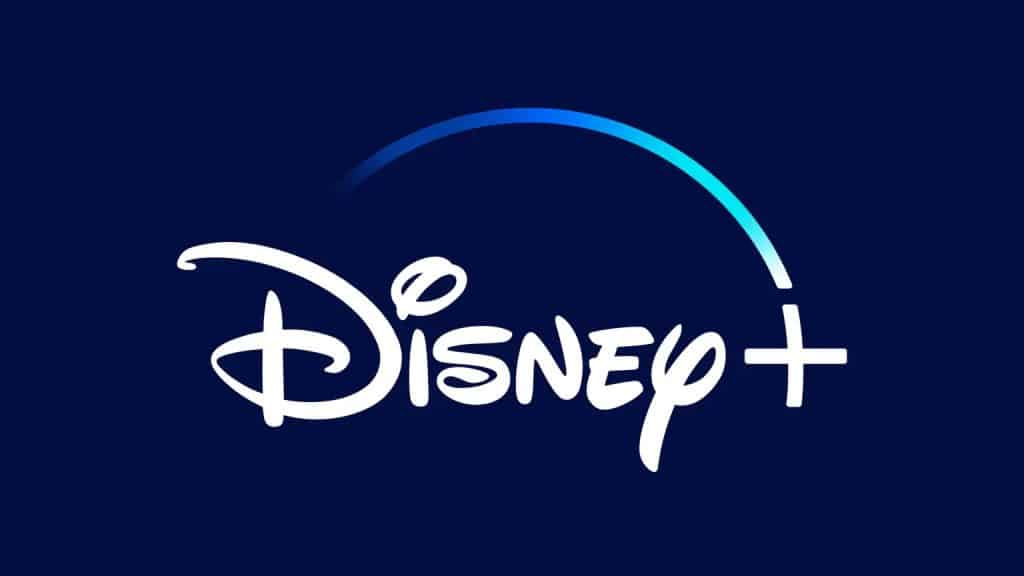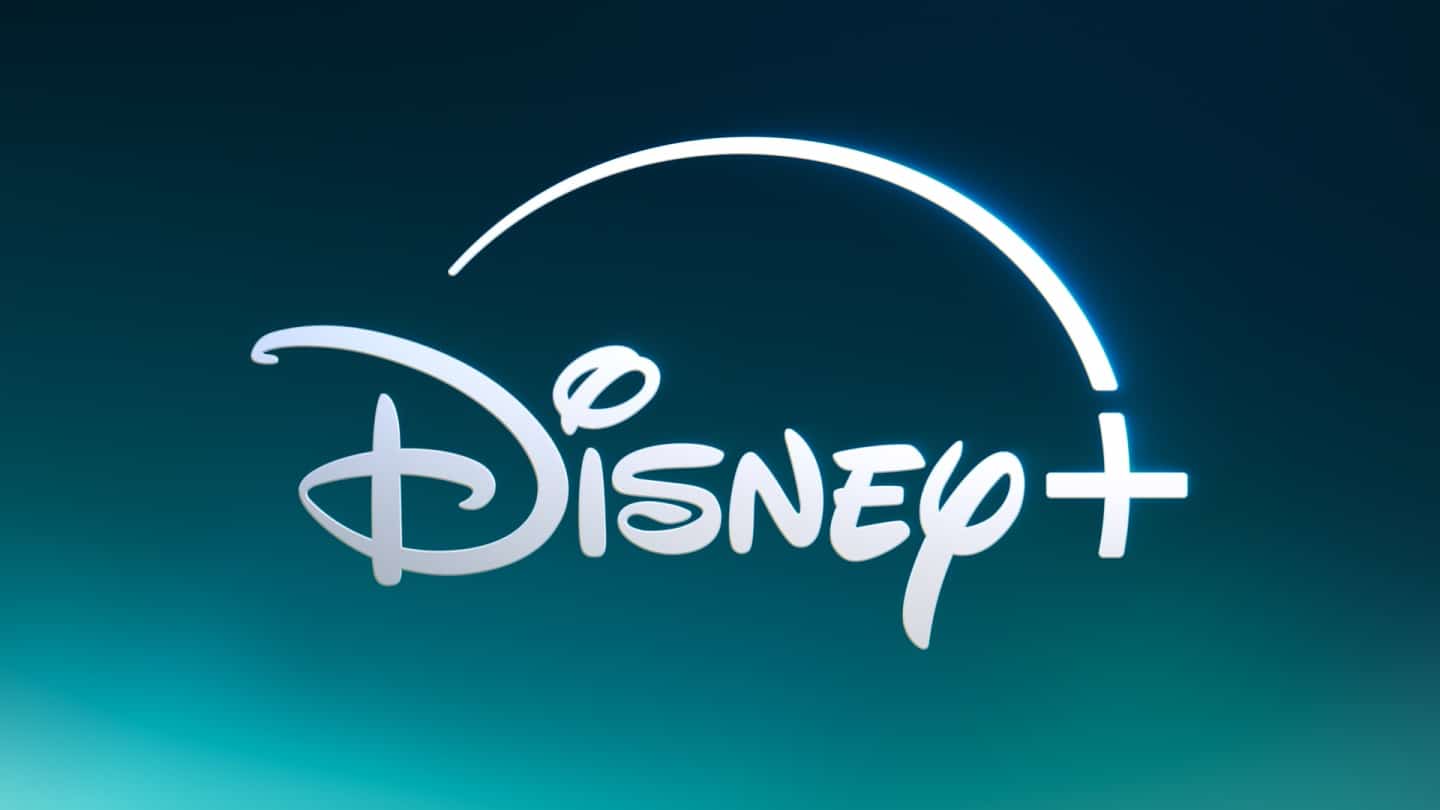
Industry Insider Explains Why Disney+ Is Removing Original Content
This coming Friday on, May 26th 2023, Disney is set to remove over 60 titles from its streaming services around the world, including Hulu, Star+ and Disney+, as part of an impairment charge of between $1.5 billion and $1.8 billion, to basically write off some of the debts of the streaming services, since they view that these shows and films, when viewed purely as an asset are no longer as valuable as they once were.
The list of titles set to be removed from Disney+ includes shows like “Willow”, “The Right Stuff”, “Big Shot”, “The Mysterious Benedict Society”, and “The Mighty Ducks: Game Changers”, plus films such as “Clouds”, “Black Beauty” and “Flora & Ulysses”. While Hulu, and thus Star+ and Disney+ internationally, will lose shows like “Everything’s Trash” and “Maggie”, along with “The Princess”. Click here for the full list.
This won’t be the first time that Disney has written off some projects from its streaming services, as it had a purge of hundreds of titles internationally last year, including cancelled shows like “Rebel” and “Queens”. But this next purge will be much deeper, since Disney is trying to make its streaming service more profitable.
Recently, in the Puck newsletter, veteran entertainment journalist Matthew Belloni explained why Disney is removing these titles, since many people assume that there are either no costs involved in hosting their own content:
The mechanics are interesting here. First, many seem to think that artist residuals are the cause of the purge. Not really. Residuals make up a real but relatively small part of the cost of putting shows and movies on streamers. Such a small part, in fact, that the Writers Guild is on strike to improve them.
The major costs here are the license fees that must be paid by the distributor (Disney+ or Hulu, in this case) to the owner of the content. We may think of these shows as just sitting on a service, waiting to be discovered at 3 a.m. by your stoned cousin. But sitting on a streamer is the same thing, from a licensing perspective, as if the show were being syndicated on TBS or sold into a foreign territory. Disney+ is an exhibition, and fees must be paid. That’s the case even if the owner of the content is also Disney (or an affiliate), which must at least pretend to engage in an arms-length transaction.
The way it works is that the Disney people look at the library, figure out what’s not performing (and trust me, some of these shows were literally being watched by nobody), yank it off the service, and take an impairment charge. The cost of entertainment product is typically paid up front but amortized over time, yet when you take an impairment on an asset, you can write off the cost today, meaning you’re saying, This is not worth the money we paid. If it’s a Disney+ show, like, say, the Willow series from Lucasfilm, or whatever the heck Encore! was, D+ won’t have to carry that ongoing burden. The downside is that once you take the impairment charge, you can’t put that asset back on Disney+ again. It’s gone, at least for the full impairment period.
But it’s not necessarily a total loss. When you impair an asset, like a TV show, you then look at what value you might be able to gain from other sources: Electronic sell-through platforms (like purchases on Amazon or Apple TV), a FAST channel (PlutoTV, Tubi), maybe Netflix or Amazon bites, etcetera. If you do find a buyer, you subtract what you’ve earned there from the write-off, and the content lives on somewhere. If not, it disappears.
Cancelled shows will become a much bigger target of future removals from Disney’s streaming services moving forward, as basically, these shows are already considered a failure, usually because they’ve failed to get the audience required to make these shows profitable. And the idea of original content being removed from streaming services will probably become more common across all streaming platforms.
Hopefully, some of these shows and films will be able to available on other platforms to either stream or to purchase, but many are likely to be lost, especially if the other outlets don’t want to pay for what’s already possibly considered failed projects. But in the past, some HBO Max Originals have found new streaming homes, when Warner Brothers Discovery did something similar last year, but many didn’t.
What do you think about Disney+ removing original programming? Let us know on social media!



